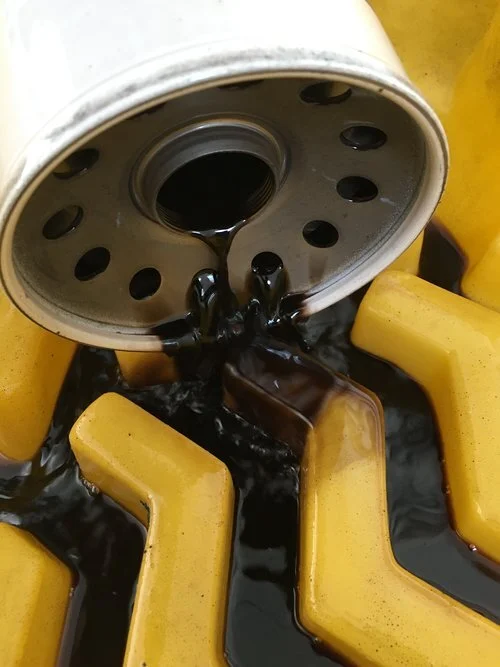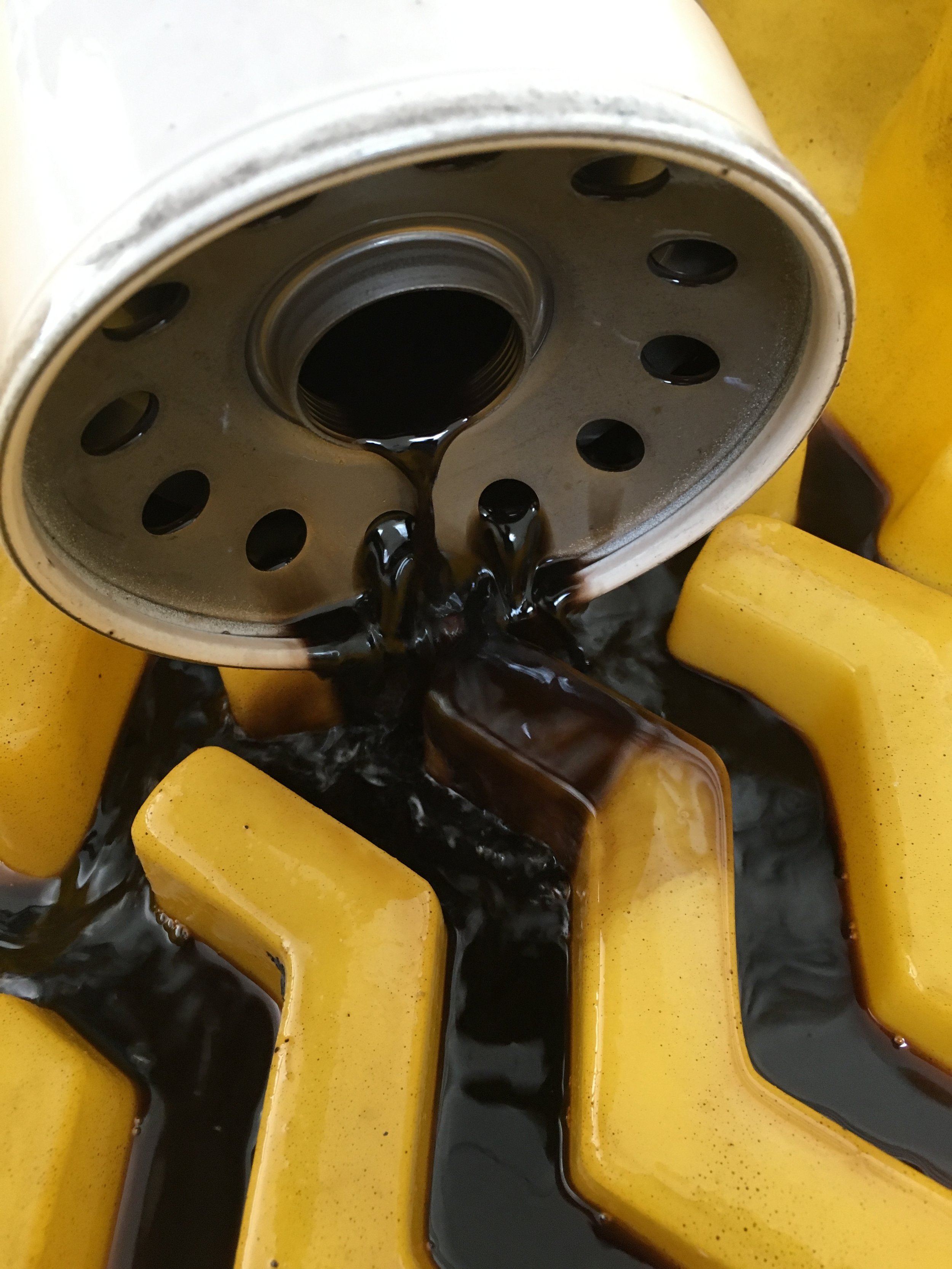Common Problems with Diesel Fuel Storage and the Solutions
Storing diesel fuel is a smart move for businesses that use the fuel to power generators, equipment, and other items related to their operations. However, there are some common problems that companies come across when storing diesel fuel that might not be used as soon as it is delivered to their location. Today, the Diesel Dialysis team will discuss those problems and solutions so you have a better understanding of how to protect your investment.
Issues with Diesel Fuel Delivery
Many companies experience issues with the delivery of their diesel fuel in the Delaware Valley. No company is immune to mistakes made by fuel delivery drivers, which is why it’s imperative that you always have an employee monitor the delivery of the fuel to look for issues. One of the most common delivery problems is when the driver fails to remove the water before opening up the fuel filler cap. This can lead to water entering the storage tank when the fuel is added.
Corrosion
Every fuel tank is susceptible to corrosion on the interior and the exterior. Corrosion can damage the tank, connections, valves, the fuel dispensing equipment, and many other parts found on the tank. If there is corrosion present it means that the microbes inside the tank have been producing acid. If the ph scale is below 5.5 you are in danger of damaging the fuel system.
Biomass
Biomasses can grow inside the diesel fuel tank and once they attach to the interior walls they can be extremely difficult to remove. Even biocides might not be able to remove biomasses entirely. Biomasses can also grow and attach to the piping of the tank, making it more difficult to clean the system and even disrupt the flow of the fuel when it is needed.
Problems with the Tank Filter
The tank filter needs to be monitored closely for various issues. The filter should either be cleaned or replaced regularly in order to prevent clogs. There are four common problems that impact the filter and they include the following:
Metal rust
Fungus and mold
Water
Biomass
Cleaning or replacing the filter regularly can help prevent these items from blocking the filter.
The Fuel Lines
The fuel lines are equally important to the tank’s performance as the filter is. The fuel lines can be blocked by trash, corrosion, rust, and microbial growth. The filter sock can also wind up being blocked on an electric fuel pump by trash or rust, preventing fuel from freely flowing. Make sure the fuel lines are free of rust, corrosion, and debris often to ensure the efficient operation of your tank.
Call Diesel Dialysis for a Review of Your Fuel Tank Today
If your fuel tank is showing signs of rust or corrosion, it’s time to call the experts at Diesel Dialysis. Rust and corrosion can destroy your filter, fuel lines, and valves of the fuel tank and compromise the health of the fuel being stored in the tank. Call us today at 856-470-7705 to schedule an inspection of your fuel tank in New Jersey, Pennsylvania, or Delaware today.


